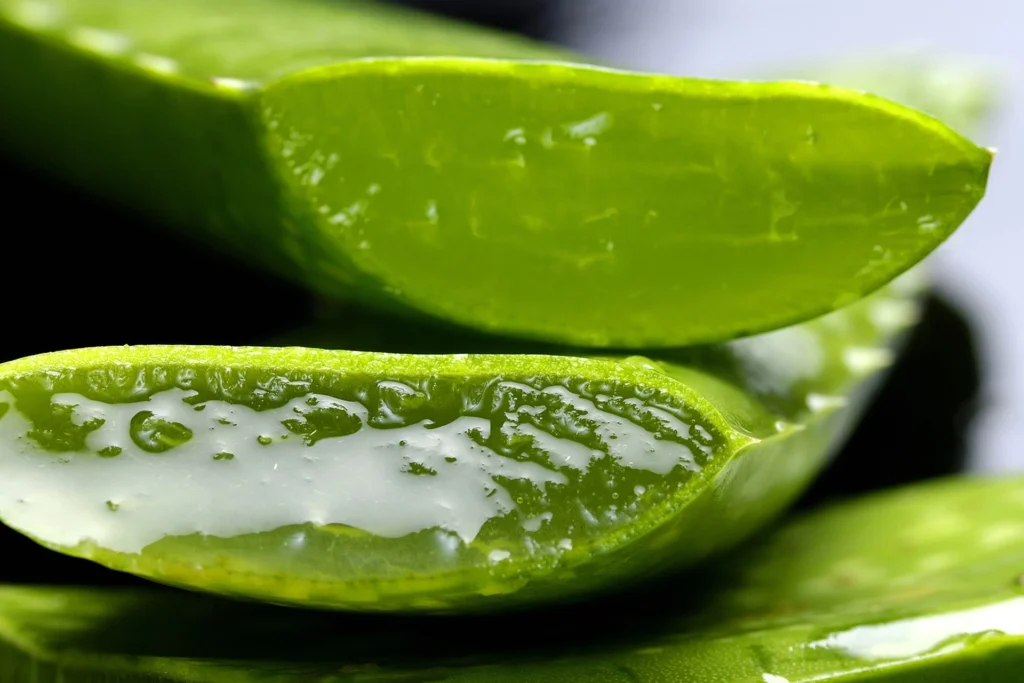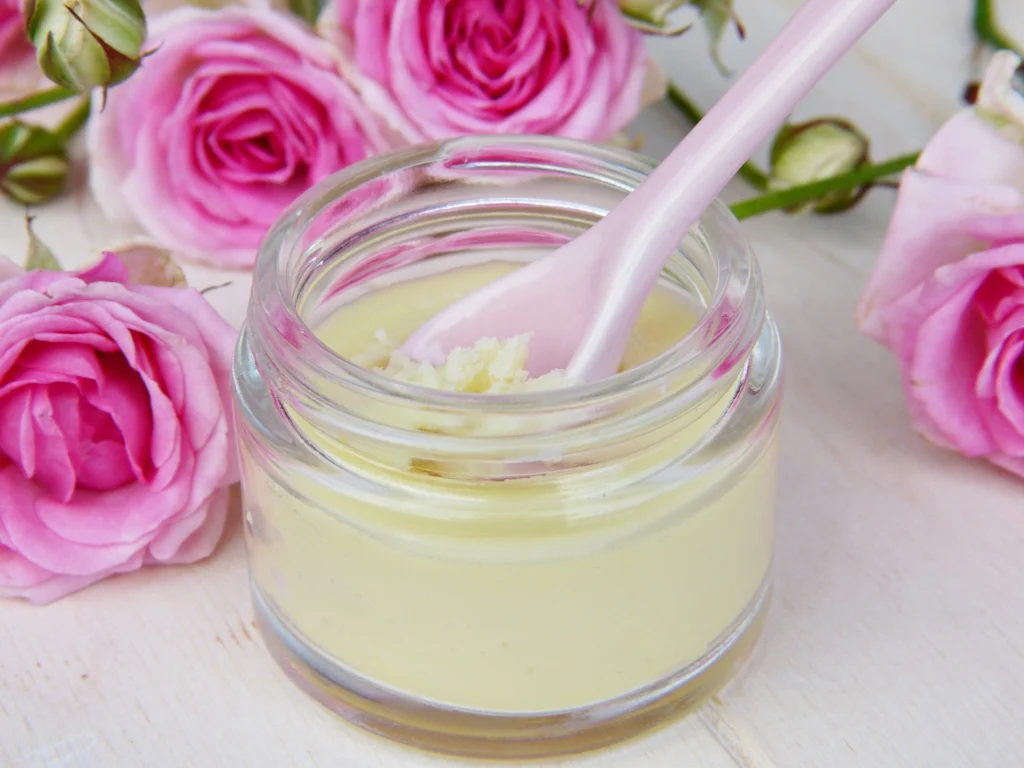Acne is a common skin problem that affects people of all ages. It occurs when hair follicles become clogged with oil and dead skin cells, leading to inflammation and the formation of pimples, blackheads, and whiteheads. While there are many over-the-counter and prescription treatments available for acne, natural ingredients can also be effective in fighting this condition. In this article, we will discuss ten natural ingredients that can help to clear up acne.
1. Tea Tree Oil
Tea tree oil is a natural essential oil derived from the leaves of the tea tree plant (Melaleuca alternifolia). It has been used for centuries by indigenous people in Australia to treat various skin conditions, including acne. In recent years, tea tree oil has gained popularity as a natural treatment for acne due to its antibacterial and anti-inflammatory properties.
Tea tree oil is a natural antimicrobial agent that has been used for centuries to treat various skin conditions, including acne. Tea tree oil is a potent essential oil that should not be applied directly to the skin. To avoid skin irritation, it is important to dilute the tea tree oil with a carrier oil, such as coconut oil or jojoba oil. A good rule of thumb is to use one drop of tea tree oil for every 12 drops of carrier oil.
2. Aloe Vera
Aloe vera has anti-inflammatory and antimicrobial properties that can help to reduce redness and swelling associated with acne. It also helps to moisturize and soothe the skin. Aloe vera gel can be applied directly to the affected area or mixed with other natural ingredients to make a face mask. Aloe vera gel can also be combined with other natural ingredients, such as tea tree oil or honey, to create a DIY acne treatment.

3. Honey
Honey is a natural antibacterial agent that can help to kill bacteria that cause acne. It also has anti-inflammatory properties that can help to reduce redness and swelling. Honey can be applied directly to the skin or mixed with other natural ingredients, such as cinnamon or turmeric, to make a face mask.
Raw honey is the best type of honey to use for acne. It has not been processed or heated, so it retains its natural antibacterial and anti-inflammatory properties. Before applying honey, cleanse your skin with a gentle cleanser to remove dirt, oil, and makeup.
Using your fingertips, apply a thin layer of honey to the affected areas of your skin. Be gentle, and avoid rubbing or scrubbing, as this can irritate your skin. Allow the honey to sit on your skin for at least 15-20 minutes before rinsing it off with warm water. You can also leave the honey on your skin overnight for a more intensive treatment.
Honey is best used as a spot treatment for individual pimples or acne lesions. Do not apply honey to your entire face, as this can be too sticky and messy. It can be used daily, both in the morning and evening, to help reduce inflammation and redness associated with acne.
4. Witch Hazel
Witch hazel is a natural astringent that can help to reduce oil production and tighten pores. It also has anti-inflammatory properties that can help to reduce redness and swelling. Witch hazel can be applied directly to the skin or used as a toner after cleansing.
Witch hazel can be used as a toner for acne-prone skin. After cleansing your skin, apply witch hazel to your face using a cotton ball or pad. Focus on the areas where you have acne or oily skin. Allow the witch hazel to dry before applying any other skincare products.
Witch hazel can also be used as a spot treatment for individual pimples or acne lesions. Soak a cotton swab or pad with witch hazel and apply it directly to the affected area. Leave it on for at least 15 minutes, or overnight for a more intensive treatment.
Witch hazel can be combined with other natural ingredients, such as clay or honey, to create a DIY acne mask. Mix witch hazel with your desired ingredients to form a paste, then apply it to your face and leave it on for 15-20 minutes before rinsing it off with warm water.
5. Green Tea
Green tea is a natural antioxidant that can help to protect the skin from damage caused by free radicals. It also has anti-inflammatory properties that can help to reduce redness and swelling. Green tea can be consumed as a beverage or applied to the skin in the form of a toner or face mask.
Green tea can be used as a toner for acne-prone skin. Steep a green tea bag in hot water for a few minutes, then allow it to cool. Apply the cooled tea to your face using a cotton ball or pad, focusing on the areas where you have acne or oily skin. Allow the tea to dry before applying any other skincare products.

6. Turmeric
Turmeric is a natural anti-inflammatory agent that can help to reduce redness and swelling associated with acne. It also has antibacterial properties that can help to kill bacteria that cause acne. Turmeric can be mixed with other natural ingredients, such as honey or yogurt, to make a face mask.
Turmeric can be combined with natural exfoliants, such as sugar or oatmeal, to create a face scrub that helps to unclog pores and remove dead skin cells. Mix turmeric with your desired exfoliant and water to form a paste, then massage it onto your face in circular motions before rinsing it off with warm water.
7. Lemon Juice
Lemon juice is a natural astringent that can help to reduce oil production and tighten pores. It also has antibacterial properties that can help to kill bacteria that cause acne. Lemon juice can be applied directly to the skin or mixed with other natural ingredients, such as honey or cucumber, to make a face mask.
Lemon juice can also be used as a spot treatment for individual pimples or acne lesions. Dip a cotton swab or pad into lemon juice and apply it directly to the affected area. Leave it on for at least 15 minutes, or overnight for a more intensive treatment. Be sure to rinse your face thoroughly before applying any other skincare products.
It is important to note that lemon juice can be irritating to some people, especially those with sensitive skin. If you experience any skin irritation or discomfort while using lemon juice, discontinue use and consult a dermatologist. Additionally, lemon juice can make your skin more sensitive to the sun, so it is important to wear sunscreen and avoid direct sunlight after using lemon juice on your skin.
8. Cinnamon
Cinnamon is a natural antibacterial agent that can help to kill bacteria that cause acne. It also has anti-inflammatory properties that can help to reduce redness and swelling. Cinnamon can be mixed with other natural ingredients, such as honey or turmeric, to make a face mask.
Cinnamon can be combined with natural exfoliants, such as sugar or sea salt, to create a face scrub that helps to unclog pores and remove dead skin cells. Mix cinnamon with your desired exfoliant and water to form a paste, then massage it onto your face in circular motions before rinsing it off with warm water.
9. Apple Cider Vinegar
Apple cider vinegar is a natural astringent that can help to reduce oil production and tighten pores. It also has antibacterial properties that can help to kill bacteria that cause acne. Apple cider vinegar can be applied directly to the skin or mixed with other natural ingredients, such as honey or tea tree oil, to make a toner.
Mix equal parts apple cider vinegar and water, then apply the mixture to your face using a cotton ball or pad, focusing on the areas where you have acne or oily skin. Allow the mixture to dry before applying any other skincare products. Apple cider vinegar can be irritating to some people, so it is important to dilute it with water.
10. Jojoba Oil
Jojoba oil is a natural moisturizer that can help to soothe and hydrate the skin. It also has anti-inflammatory properties that can help to reduce redness and swelling. Jojoba oil can be applied directly to the skin or mixed with other natural ingredients, such as tea tree oil or lavender oil, before application.